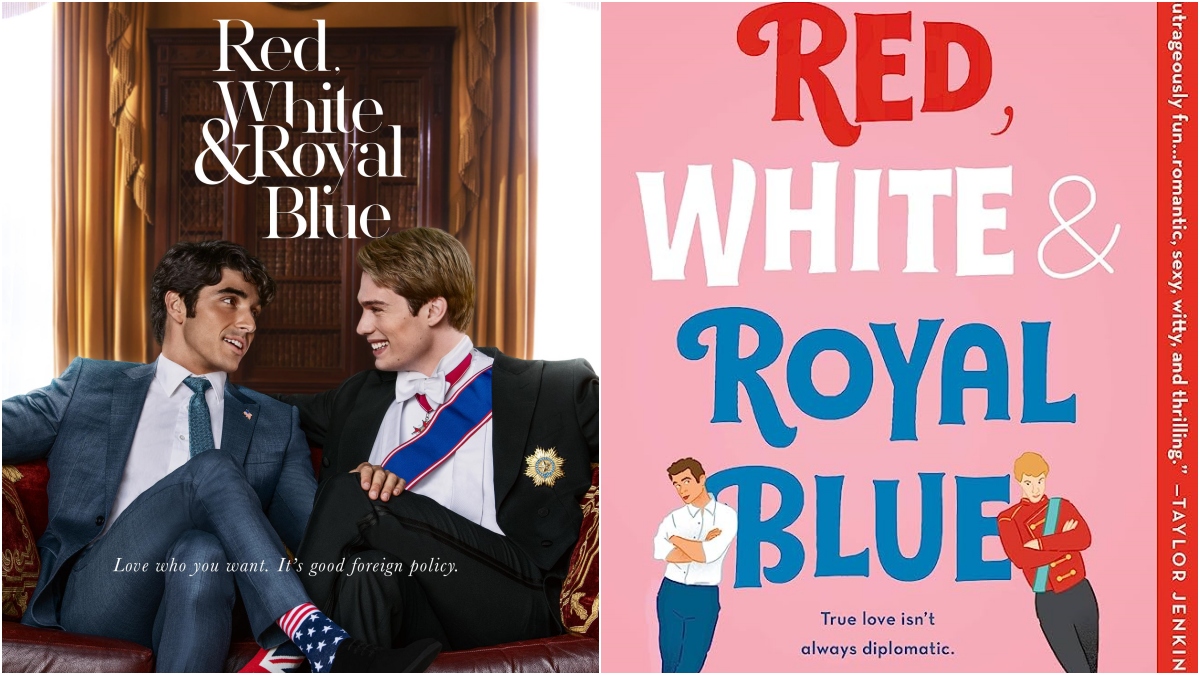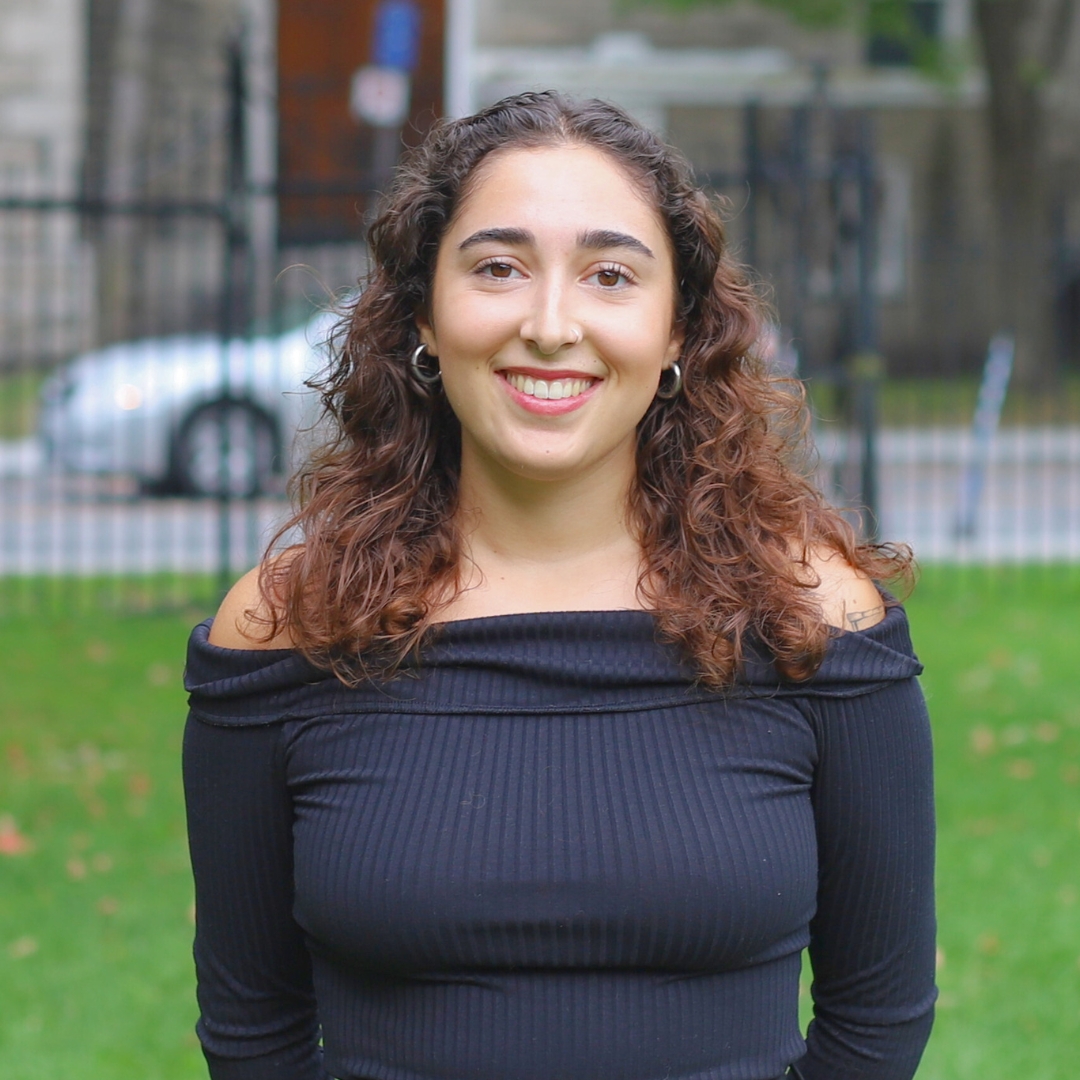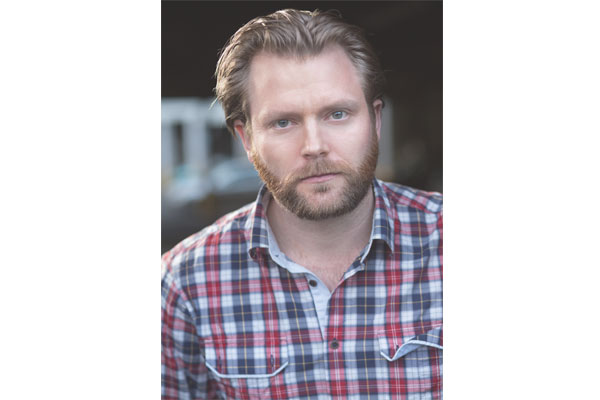Alex is shorter than Henry, and other inaccuracies in the Amazon Prime movie
Whether it be in line at the grocery store or buying last-minute treats at the corner store, you cannot escape the increasing absurdity of cheap tabloids. Splashed across the magazine in yellow letters, it reads something like this:
‘Famous Lady and her third husband divorced!
Famous Lady fights for custody.
Famous Lady loses weight, and you can too!’
I always wonder if any of those stories are true at all. I find myself concerned for ‘Famous Lady’ on the way home. What if the media is just lying and making her life worse?
Red, White, and Royal Blue takes readers behind the curtain of those tabloids and attempts to remind us of the human element of celebrity and politics.
The novel is a queer rom-com by American author Casey McQuinston, which was originally published in 2019. Recently, the beloved story was adapted into a movie produced by Amazon Prime Video. The movie was directed by Matthew Lopez, the American playwright and screenwriter whose work includes The Inheritance (2018) and The Whipping Man (2009).
Starring Nicholas Galizine and Taylor Zakhar Perez as Henry and Alex respectively, the plot recounts a detrimental and hostile relationship between the American President’s son and Britain’s prince. To keep the peace between their two countries, the political figures are forced into a media-manufactured friendship, which eventually turns feelings of hate into something else entirely.
One of the film’s central issues lies in its departure from the book’s progressive and destigmatizing themes, a key element that made the book so revolutionary. Notable deviations include replacing a female monarch with a king, omitting the important plotline of Bea’s (Henry’s sister) struggle with addiction, and inexplicably sidestepping discussions of homophobia. The only evident consequence of their secret relationship is the effect on their popularity and politics. The homophobia they encounter in public life that is engrained in the monarchy is not confronted as the cause of this ‘poor’ publicity.
The book delves into a more comprehensive examination of the reasons behind the conflicts within the lives of its characters, notably rooted in the intricate dynamics of American politics, the Electoral College, and the British monarchy.
Many changes to the characters were made in the film adaptation. These changes include the notable absence of the character June (Alex’s sister and best friend) who plays a major role in supporting Alex’s emotional health throughout the challenges he faces. The characters in the book come across as authentically genuine, their shared humour and banter adding depth to the narrative. This is not the case in the film. Henry is portrayed as a smooth-talking politician, which comes in stark contrast to the book’s portrayal of him as a soft-hearted and sincere individual. The film adaptation tends to reduce them to caricatures designed for mass appeal.
Also, fans of the book are outraged that Henry and Alex are nearly the same height in the movie. This change undercuts many natural moments of teasing, banter, and connection in the book.
With all of these details, both significant like destigmatizing addiction, and less crucial like Alex’s height, the importance of remaining loyal to the source material in film adaptations is evident.







